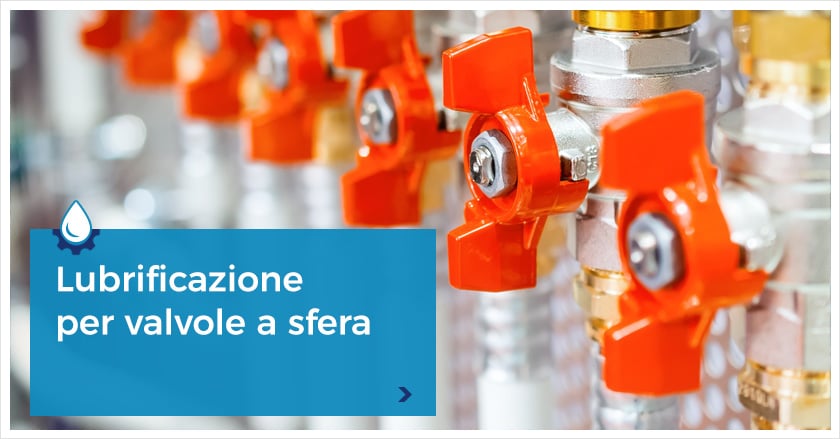
Proper lubrication of automotive electrical connectors is necessary to keep the contact resistance constant over time and thus increase the average life, both during usage and in wiring operations.
Fluorogrease 917 A fluorinated lubricating grease, for example, creates an electro-compatible film for separating the sheeting, interposing in the non-contact areas and depressions, ensuring continuous protection of automotive connectors from wear and contact corrosion.
This is the perfect lubricant for electrical connectors due to:
- Not carbonising in the presence of an electric arc
- Being compatible with noble coatings such as Au, Cu, Ag and with amorphous containment plastics
Preventing the increase in electrical resistance.
Ball valves: operation and type
There are mainly two types of ball valves:
- Floating, being equipped with a margin of movement and in a closed condition pushed by the pressure towards the gasket
- Guided, secured through a countershaft that acts as a guide
Two different principles yet which converge in a common point when we talk about ball valves: three-way operation. Each valve, be it floating or guided, has three different channels available, the opening of which depends on the position of the valve itself. When the opening is L-shaped, it allows the fluids to exit to the right and left. If T-shaped, it allows all possible combinations, without occluding any.
Therefore, depending on their operation and their type, ball valves require special lubricating solutions, which must also take into account additional factors such as:
- Temperatures
- Materials
- Field of applications
This mainly depends on the fact that they are used in a very wide range of industrial sectors – plumbing, chemical, pharmaceutical through to the food industry. Without forgetting that they can come into contact with very chemically-aggressive liquids.
Ball valves: operation and lubrication
All ball valves, regardless of who produces them and the sector of destination, are tested for a long time before being put on the market, pushing them to the most extreme conditions, which would likely never actually come to be in the real world, so as to be sure that they maintain functionality in terms of safety over time.
Two of the most ferocious enemies of ball valves and their operation are oxidation and corrosion, which must be constantly fought right from the testing operations, through to transport and obviously in operation.
To do so, it is important to use specific lubricants, developed precisely to suit the needs of the valve, the system and all variables we have just mentioned, which avail of special formulations and specific additives.
In this way, not only are oxidation and corrosion limited but the valves are made more resistant to the strong pressure differences to which they are regularly subjected, significantly contributing to the seal of the gasket, eliminating and/or minimising losses of air.



